Parent Thinking

How can parents encourage creativity and critical thinking in their homeschooled children ?
To encourage creativity and critical thinking in homeschooled children, parents should create a stimulating learning environment by encouraging open-ended questions and providing varied resources. Engaging in creative activities like art and music can enhance visual-spatial skills and emotional expression. Promoting critical thinking through problem-solving tasks and family discussions can develop analytical skills. Fostering independent learning through project-based and inquiry-based learning encourages self-directed learning. Parents should also encourage questioning and curiosity, integrating technology into learning, promoting reading, and encouraging risk-taking and accepting failure to prepare their children for future challenges and successes.
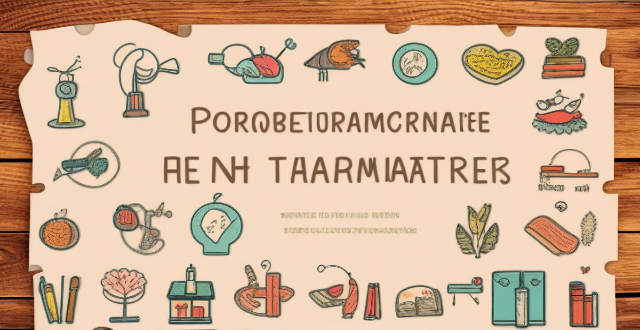
What are the benefits of parent-teacher collaboration in education ?
The article discusses the importance of parent-teacher collaboration in education. It mentions that such collaboration can lead to improved student performance, increased student motivation, enhanced parental involvement, improved classroom management, and greater access to resources. Overall, it emphasizes the significance of parents and teachers working together to create a supportive learning environment for students.

What strategies can be used to promote parent-teacher collaboration in schools ?
Promoting parent-teacher collaboration in schools is crucial for student success and well-being. Strategies include open communication, involvement opportunities, parent education, shared responsibility, technology integration, and celebrating diversity. Regular updates, volunteer programs, workshops, home-school agreements, online portals, and multicultural events are among the tactics that can foster a strong partnership between parents and teachers.

What is critical thinking training ?
This article provides an in-depth analysis of critical thinking training, explaining what it is and why it's important. It lists several benefits of critical thinking, such as enhanced problem-solving skills, improved decision making, boosted communication abilities, and increased adaptability. The article also offers strategies for developing critical thinking skills, such as asking questions, challenging assumptions, considering multiple perspectives, evaluating evidence, avoiding bias, practicing reflective thinking, learning from mistakes, engaging in dialogue, reading widely, and seeking feedback. Overall, the article emphasizes the importance of critical thinking training for personal and professional development.

Can critical thinking training be applied to all aspects of life ?
This text discusses the importance of critical thinking and its applications in various aspects of life, including personal, professional, educational, and social settings. It emphasizes that critical thinking is a universally applicable skill that enhances decision-making abilities and promotes effective communication, creativity, and innovation. By incorporating critical thinking training into daily activities, individuals can improve their overall quality of life and contribute more effectively to society.

What is the importance of building a strong parent-teacher relationship in supporting student learning ?
The Importance of Building a Strong Parent-Teacher Relationship in Supporting Student Learning Building a strong parent-teacher relationship is crucial for supporting student learning. This partnership between parents and teachers can have a significant impact on a child's academic success, social development, and overall well-being. A strong parent-teacher relationship fosters open and effective communication channels, creates a supportive learning environment, promotes shared responsibility for a student's education, and cultivates positive attitudes toward education. By working together, parents and teachers can help students reach their full potential and prepare them for success in all aspects of life.

What are some fun and engaging parent-child activities ?
The text provides a list of fun and engaging parent-child activities that can strengthen the bond between parents and children while promoting creativity, physical fitness, teamwork, and learning. The activities are categorized into six main topics: arts and crafts, outdoor adventures, sports and games, cooking and baking, educational activities, and music and dance. Each topic is further divided into subtopics with specific activities that families can enjoy together. For example, under arts and crafts, families can set up an art station for painting and drawing or make paper crafts like origami figures. Under outdoor adventures, families can explore nature trails or plan camping trips. The text emphasizes the importance of finding activities that both parents and children enjoy and can participate in together.

What are the benefits of participating in parent-child activities together ?
Participating in parent-child activities together offers numerous benefits, including improved communication, stronger emotional connections, physical health benefits, cognitive development, social skills development, and the creation of lifelong memories. By engaging in these activities, families can strengthen their relationships, improve communication, and create lasting memories that will be cherished for years to come.

What are some common methods used in critical thinking training ?
The text introduces critical thinking training and presents four methods for improving critical thinking skills: the Socratic method, deductive reasoning, inductive reasoning, and reflective thinking. Each method is explained through an example that demonstrates how it can be applied in practice to foster critical thinking abilities.

How can I improve my critical thinking skills ?
Critical thinking is the ability to analyze and evaluate information or arguments in a clear, rational, and objective manner. Here are some tips on how to improve your critical thinking skills: 1. **Question Assumptions**: Challenge your own beliefs, be open-minded, and avoid jumping to conclusions. 2. **Identify Biases**: Recognize personal biases, look for patterns, and seek out diverse perspectives. 3. **Evaluate Evidence**: Assess credibility, consider context, and weigh pros and cons. 4. **Consider Alternative Viewpoints**: Brainstorm possibilities, explore counterarguments, and stay curious. Improving your critical thinking skills takes practice and patience, but it can lead to better decision-making, problem-solving, and communication skills.

What are the benefits of critical thinking training ?
Critical thinking training offers numerous benefits, including improved decision-making skills, enhanced problem-solving abilities, increased self-awareness, improved communication skills, and boosted creativity. By learning how to analyze information and evaluate evidence in a clear, rational, and objective manner, individuals can make more informed decisions, find creative solutions to difficult challenges, build stronger relationships, and generate new ideas. Overall, critical thinking training can help individuals succeed in both personal and professional settings and reach their full potential.
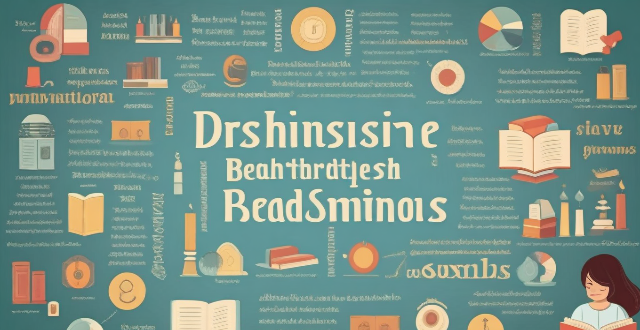
How does reading comprehension relate to critical thinking skills ?
The text discusses the relationship between reading comprehension and critical thinking skills, stating that they are closely intertwined. It explains that good reading comprehension skills enable individuals to understand and interpret written text, which in turn supports critical thinking by enhancing vocabulary, promoting inference and interpretation, encouraging evaluative thinking, and fostering open-mindedness. The text concludes that improving reading comprehension abilities strengthens critical thinking skills, enabling individuals to navigate complex challenges with greater insight and effectiveness.

How do academic competitions help students develop critical thinking skills ?
Academic competitions play a crucial role in fostering critical thinking skills among students by encouraging problem-solving approaches, stimulating creative and analytical thinking, providing opportunities for collaboration and communication, instilling discipline and dedication, and exposing students to diverse perspectives and ideas. These contests challenge students to apply their knowledge creatively, analyze deeply, collaborate effectively, and communicate clearly, preparing them for real-world problem-solving scenarios.

How can critical thinking training be incorporated into education ?
Incorporating Critical Thinking Training into Education: - Defined as the ability to analyze and evaluate information, critical thinking is crucial for effective decision-making. - Integrating it into education enhances students' learning experiences and readies them for personal and professional growth. - Strategies include curriculum design that integrates critical thinking across subjects and uses real-world applications; teaching methods such as the Socratic Method and inquiry-based learning; assessments that measure these skills; and professional development for educators. - By prioritizing critical thinking in education, students become better equipped for academic success and future careers, developing into engaged, curious, and adaptable learners.
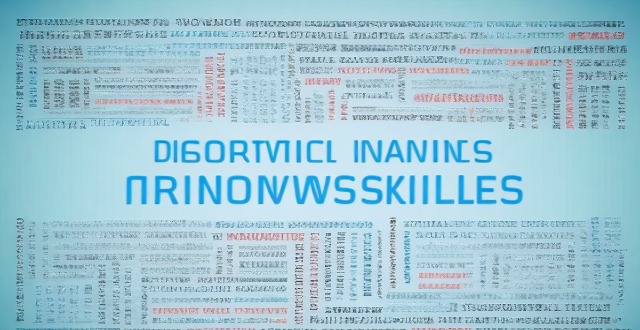
What role does critical thinking play in building a knowledge framework ?
This text discusses the importance of critical thinking skills in building a knowledge framework. It outlines four key aspects of critical thinking: identifying assumptions, evaluating evidence, analyzing arguments, and making informed decisions. By applying these skills, individuals can develop a nuanced understanding of complex issues and make well-reasoned decisions based on sound reasoning and evidence. The article emphasizes the crucial role of critical thinking in personal growth and success in various domains.

Can certain foods or dietary changes influence creative thinking ?
Creative thinking can be influenced by certain foods and dietary changes. Incorporating brain-boosting nutrients like omega-3 fatty acids, antioxidants, and vitamin B6 through foods such as salmon, blueberries, and bananas can support cognitive function. Additionally, increasing fruit and vegetable intake, opting for whole grains, staying hydrated, limiting sugar, and incorporating healthy fats can enhance creativity. A balanced diet rich in these nutrients and habits can positively impact creative thinking by providing the brain with the necessary nutrients and maintaining overall health.

How long does it take to see results from critical thinking training ?
The time it takes to see results from critical thinking training depends on factors such as individual differences, quality of training, frequency and intensity of practice, and feedback mechanisms. Short-term outcomes can be seen within 1-3 months, mid-term outcomes within 3-6 months, and long-term outcomes after 6 months or more. Consistent effort and practice are key to achieving lasting improvements in critical thinking abilities.
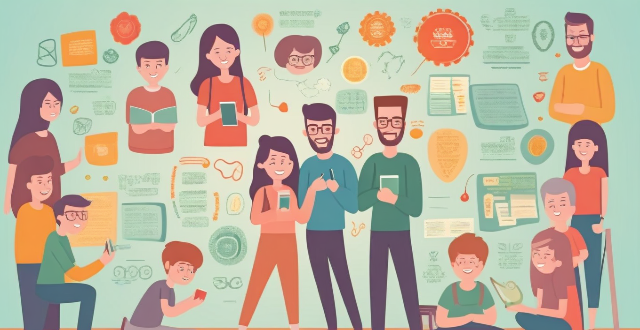
What are some common challenges that arise in parent-teacher collaboration, and how can they be overcome ?
Common challenges in parent-teacher collaboration include lack of communication, time constraints, cultural differences, resistance to change, unclear roles and responsibilities, conflicting priorities, lack of trust, inconsistent messages, limited access to information, and emotional barriers. To overcome these challenges, strategies such as improving communication, addressing time constraints, bridging cultural differences, embracing change, clarifying roles and responsibilities, building trust, facilitating access to information, and addressing emotional barriers can be implemented. By employing these strategies, parents and teachers can work together more effectively to support student success while overcoming common challenges in their collaboration.

Why do most of us today become people who "never forget, must be very sad"? Have you also fallen into the "ruminating thinking"
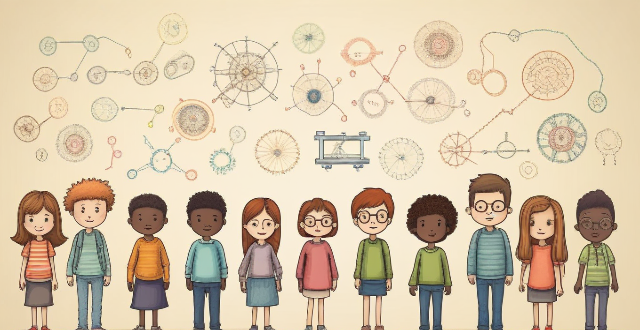
How can parents support their children in overcoming test anxiety ?
Test anxiety is a common issue among students, butTest anxiety is a common issue among students, but overcome it by encouraging positive thinking but parents can help their children overcome it by encouraging positive thinking, practicing time management, staying calm and supportive, and seeking professional help if needed. By following these tips, parents can support their children in developing the skills they need to succeed academically and beyond.

Why is critical thinking training important ?
In today's complex world, critical thinking training is essential for effective problem-solving, communication, objectivity, creativity, and future preparedness. It enhances decision-making, collaboration, fairness, open-mindedness, and adaptability to changes. Investing in this training leads to success and positive impacts in various domains.

Can parents take out loans for their children's education ?
The article discusses the options available for parents who want to take out loans for their children's education. These options include federal student loans, private student loans, and parent loans. Federal student loans offer low interest rates and flexible repayment terms, while private student loans have higher interest rates but more flexible repayment options. Parent loans are specifically designed for parents who want to help their children pay for college. The article emphasizes the importance of carefully considering all options before choosing the best one that suits the parents' financial situation and goals.
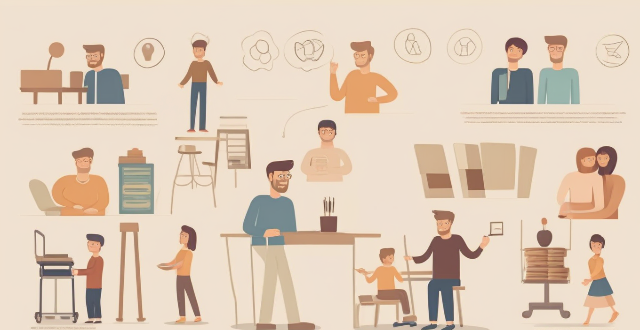
How can parents and teachers effectively collaborate to support student learning ?
Effective parent-teacher collaboration requires open communication, shared goals, consistent expectations, and supportive resources. By working together, parents and teachers can create a positive learning environment that fosters academic success and personal growth for students.

How can parents encourage and support their children's academic motivation ?
Academic motivation is a crucial factor in a child's educational journey. Here are some tips on how parents can encourage and support their children's academic motivation: 1. Set goals and expectations by discussing interests and strengths, creating a plan, and providing regular feedback. 2. Create a conducive learning environment by providing a quiet study space, minimizing distractions, and encouraging breaks and physical activity. 3. Offer encouragement and praise by acknowledging efforts and achievements, praising hard work and dedication, and celebrating successes. 4. Be involved in their education by attending parent-teacher conferences, showing interest in their studies, and helping with homework when needed. 5. Model good study habits by demonstrating a positive attitude towards learning, practicing time management and organization skills, and showing perseverance and resilience when faced with challenges.
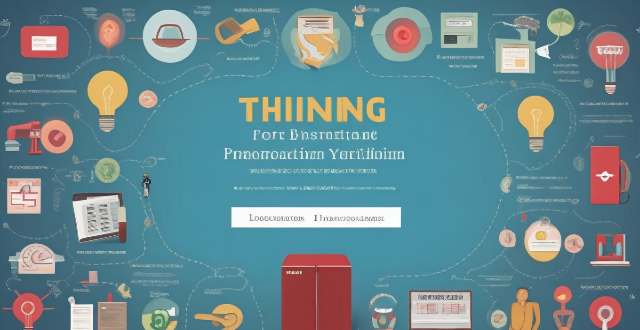
How does critical thinking training help in problem-solving ?
Critical thinking is essential for effective problem-solving. Training in critical thinking can improve problem identification, decision making, communication skills, creativity and innovation, and reduce bias and prejudice. By incorporating critical thinking training into your personal or professional development plan, you can become a more effective problem-solver and make a positive impact in your life and the lives of others.

What role does technology play in modern home education ?
Technology has revolutionized modern home education by providing enhanced learning opportunities, personalized experiences, and facilitating parent-child collaboration. Online courses, educational apps, virtual reality, adaptive learning software, interactive whiteboards, and gamification are just some of the tools used to create engaging and effective learning environments. Additionally, video conferencing, online communities, and digital portfolios help parents stay connected and involved in their child's education. Technology will continue to play a significant role in shaping home education practices in the future.

Is there a link between improved comprehension and critical thinking abilities ?
The link between improved comprehension and critical thinking abilities is explored, with a focus on how these skills are interconnected and work together to enhance cognitive abilities. The article suggests that improving one skill can lead to improvements in the other, creating a virtuous cycle of cognitive development. Techniques for improving both skills are also discussed, including reading widely, engaging in debates, and practicing active listening.